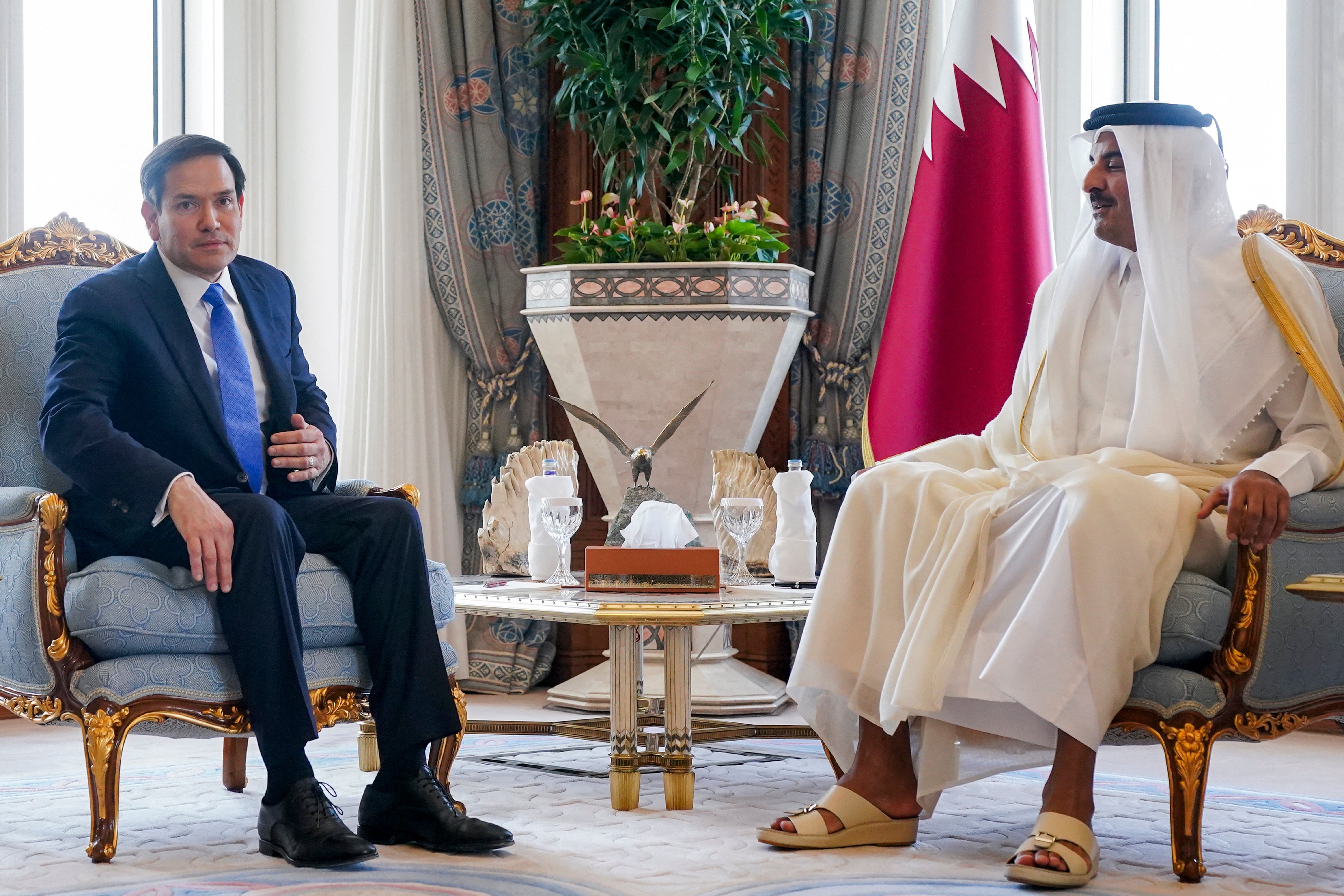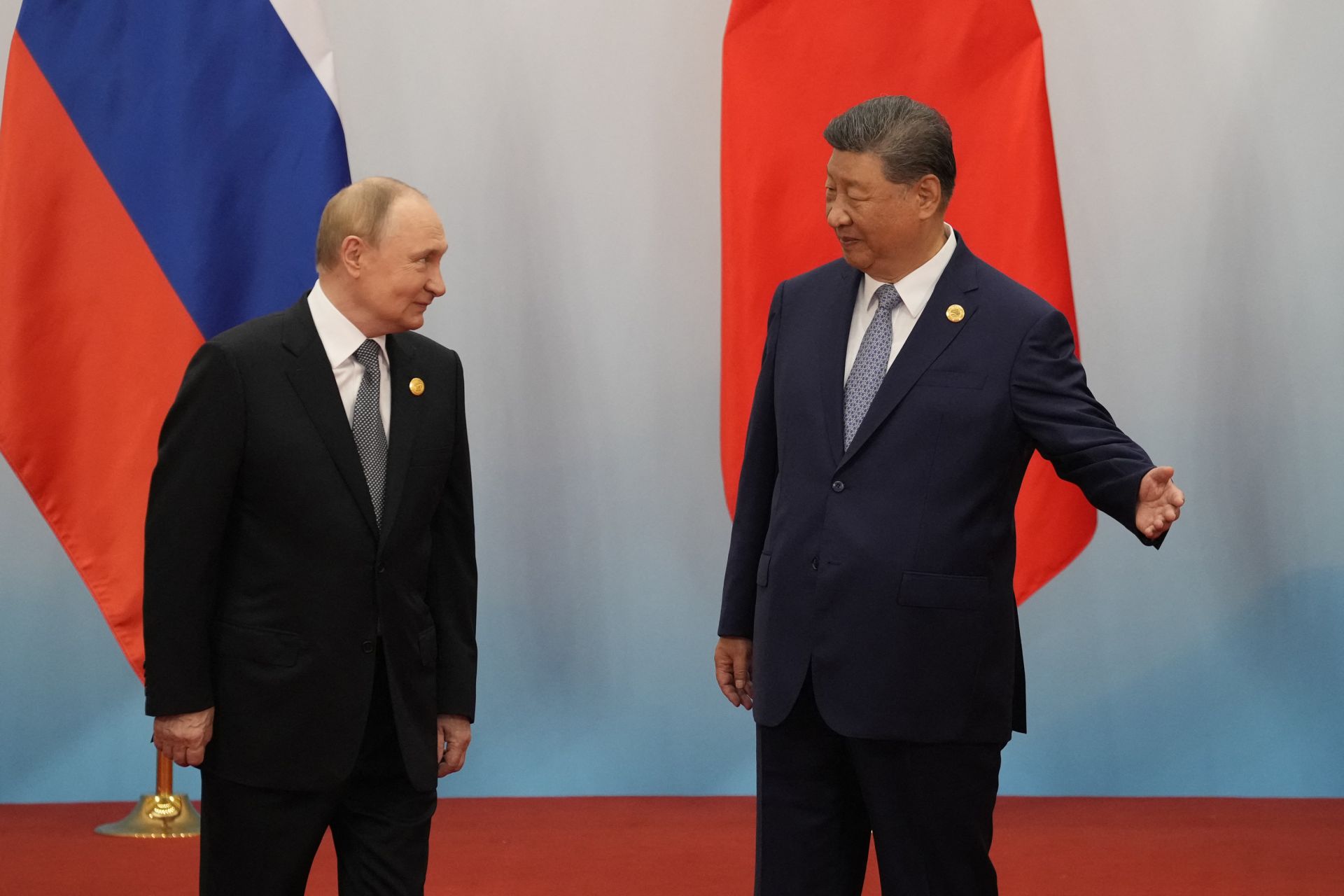Saudi Arabia and Pakistan have established an agreement for mutual defense, marking a strategic shift in regional security as Gulf nations reevaluate their dependence on American protection. This alliance highlights the evolving dynamics in the Middle East and South Asia, with consequences for military collaboration, diplomacy, and geopolitical stability.
The agreement between the two nations arrives amid a backdrop of heightened regional tensions and evolving global alliances. Saudi Arabia, a key player in Gulf politics, has traditionally relied on the United States for security guarantees, particularly in the context of threats from Iran and other regional actors. However, recent uncertainties regarding US engagement in the Middle East have prompted Riyadh to explore alternative partnerships to strengthen its defense capabilities. Pakistan, with its substantial military infrastructure and experience in regional conflicts, emerges as a natural partner in this context, offering both manpower and strategic expertise.
Strategic motivations behind the pact
The mutual defense pact reflects a convergence of interests between Riyadh and Islamabad. For Saudi Arabia, the agreement provides access to trained military personnel, joint exercises, and potential coordination in defense planning, reducing overreliance on external actors. It also serves as a geopolitical signal to the region and the world, demonstrating that Gulf states are seeking diversified security arrangements amid shifting US policies and perceived unpredictability in Washington’s commitments.
For Pakistan, the agreement provides prospects for enhanced impact in Gulf matters, economic cooperation, and strategic alliances beyond South Asia. Islamabad has traditionally sustained strong military and political relations with Gulf nations, but the stabilization of a defense agreement enhances this bond, establishing Pakistan as an important participant in regional security structures. Experts indicate that this alliance might also include intelligence exchange, collaborative counterterrorism efforts, and military training schemes, bolstering the defense preparedness of both countries.
The importance of the agreement’s timing is notable. Recently, US focus has been shifting more towards the Indo-Pacific, causing some Gulf nations to doubt the steadiness and dependability of US backing. Despite America still keeping military forces in the area, changing foreign policy goals and internal political factors have heightened worries about enduring security assurances. As a result, the Saudi-Pakistani agreement can be interpreted as a strategic step to prepare for possible lapses in US involvement.
Effects on regional stability
The mutual defense treaty holds both immediate and lasting impacts on the stability of the region. It could serve as a deterrent to external threats, indicating to opponents that Saudi Arabia and Pakistan stand ready to tackle security issues together. Amidst the ongoing strains with Iran, the civil strife in Yemen, and security concerns in the Gulf waters, this agreement might improve military collaboration and preparedness for operations.
However, the pact may also trigger shifts in regional alliances. Rival states may perceive the agreement as a realignment of power, prompting recalibrations in defense policies, diplomatic strategies, and strategic investments. Analysts warn that while strengthening bilateral ties, the pact must be carefully managed to avoid exacerbating tensions or prompting an arms race, particularly in a region already characterized by complex geopolitical rivalries.
The agreement might impact the function of global organizations and partnerships. Collaboration between Saudi Arabia and Pakistan could connect with Gulf Cooperation Council projects, United Nations peace missions, and wider global security structures, generating occasions for cooperative involvement in international environments. Working together in these settings can strengthen authority, offer logistical assistance, and boost diplomatic power for both nations.
Economic and military dimensions
Beyond defense, the agreement carries economic and logistical implications. Joint military exercises, procurement of defense equipment, and technology transfers can stimulate economic cooperation and create avenues for shared investment. Saudi Arabia may benefit from Pakistan’s experience in military technology and training, while Pakistan could secure defense contracts, funding, and infrastructure development opportunities.
The military dimension of the pact may include deployment of troops, establishment of training facilities, and integration of command structures for coordinated responses. While specifics remain largely confidential, experts suggest that the agreement reflects a commitment to shared strategic objectives and enhanced operational interoperability. This level of cooperation not only strengthens defense capabilities but also sends a message of unity and resilience to external observers.
Furthermore, the agreement might have secondary impacts on the security of energy in the region. The oil and gas facilities in the Gulf are crucial for international markets, and this deal could enhance security measures, guaranteeing uninterrupted production and exports. Stability in these areas advantages not only the countries involved but also global partners and investors depending on consistent energy supplies from the area.
Diplomatic repercussions and global context
The pact between Saudi Arabia and Pakistan may recalibrate diplomatic dynamics, both regionally and globally. It demonstrates the willingness of Gulf states to explore strategic partnerships beyond traditional Western alliances, signaling an era of diversified security arrangements. This shift may encourage other nations to pursue similar agreements, emphasizing self-reliance, regional collaboration, and multilateral engagement.
For the United States, the advancement signifies both an obstacle and a potential. Although the agreement shows that Gulf nations are looking to diversify beyond reliance on US military aid, it also creates avenues for the US to participate in fresh regional initiatives, possibly fostering three-way collaborations or combined drills involving American troops. Diplomatic endeavors might concentrate on harmonizing goals while honoring the independent defense choices of Gulf countries.
Globally, the agreement may affect power dynamics in South Asia, the Middle East, and broader international relations. With Pakistan positioned as a key partner in Gulf security, the nation’s strategic influence expands, potentially impacting negotiations, alliances, and conflict resolution initiatives in adjacent regions. Observers note that this arrangement could also influence international defense markets, arms trade agreements, and regional military procurement strategies.
A complex strategy
As Saudi Arabia and Pakistan implement their mutual defense pact, the focus will be on operationalizing the agreement, enhancing joint capabilities, and maintaining balance amid regional complexities. Both nations must navigate challenges such as coordination of military operations, integration of intelligence networks, and management of public perception. Success will depend on clear communication, shared strategic objectives, and adherence to legal and diplomatic frameworks that guide international security collaboration.
The pact highlights broader trends in global geopolitics, including the diversification of security partnerships, the reassessment of traditional alliances, and the emphasis on regional self-reliance. As Gulf states adapt to shifting strategic landscapes, collaborations like the Saudi-Pakistani defense agreement may become increasingly common, reflecting evolving priorities in military readiness, economic stability, and diplomatic influence.
In the end, the arrangement highlights the intricate dynamics between national security, regional partnerships, and worldwide diplomacy. By enhancing their defense collaboration, Saudi Arabia and Pakistan not only tackle urgent security issues but also help to mold a new epoch of strategic alliances, characterized by adaptability, cooperation, and active involvement, which frame the outlines of regional stability.




